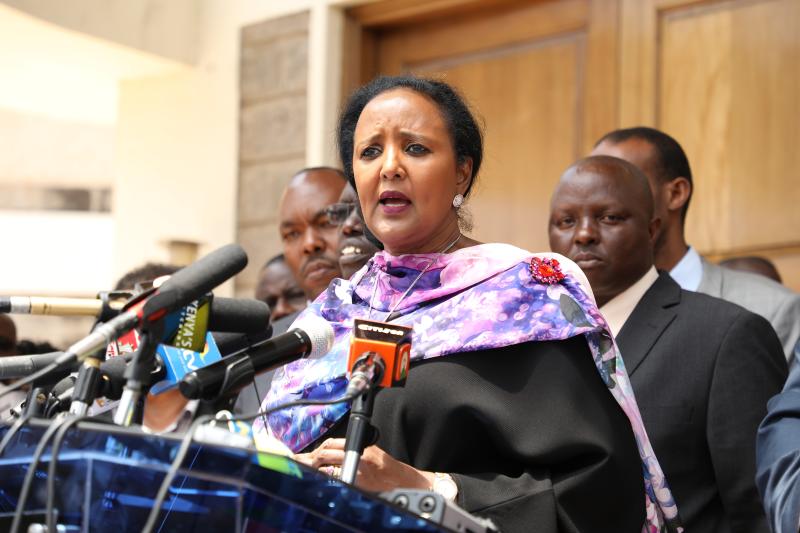×
The Standard e-Paper
Fearless, Trusted News

A storm is brewing in the education sector over a proposal to raise teacher training grades to B- (minus).
A teachers’ needs assessment report released yesterday finds that teacher education requires major reforms that include scrapping certificate courses and setting diplomas as the minimum training level.